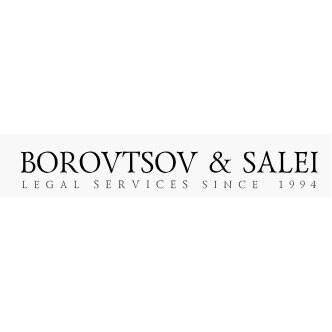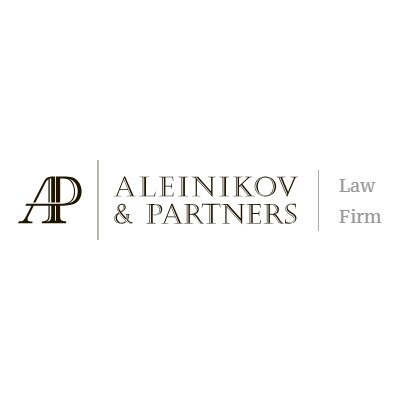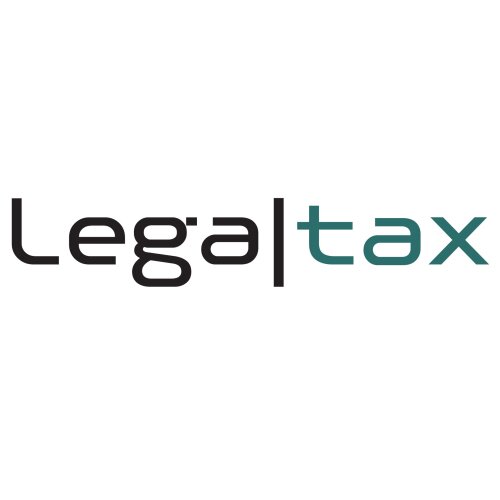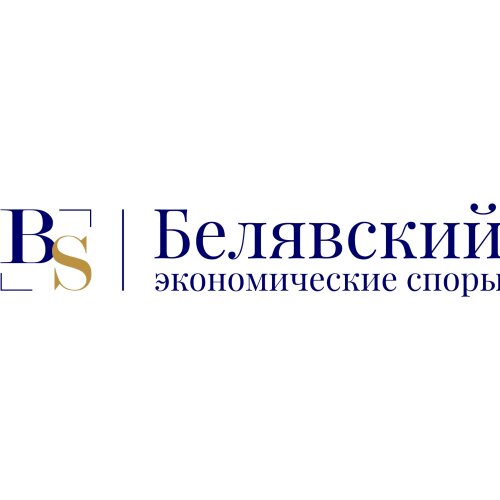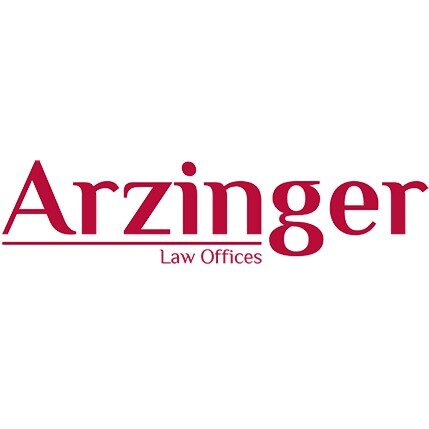Best Sanctions & Export Controls Lawyers in Belarus
Share your needs with us, get contacted by law firms.
Free. Takes 2 min.
Or refine your search by selecting a city:
List of the best lawyers in Belarus
About Sanctions & Export Controls Law in Belarus
Sanctions and export controls in Belarus refer to the national and international laws, regulations, and measures that regulate the movement of goods, technologies, and services across borders, as well as the impact of financial restrictions imposed on the country and its entities. These laws primarily seek to address political, economic, or security objectives by limiting specific types of trade or financial transactions. Belarus faces various sanctions from the European Union, United States, and other entities, which directly affect its businesses, citizens, and foreign partners. Belarusian law also sets its own export controls to regulate strategic commodities, dual-use goods, and technology transfers.
Why You May Need a Lawyer
Navigating the complex landscape of sanctions and export controls requires a detailed understanding of both Belarusian and international regulations. You may need a lawyer if you are:
- Engaged in cross-border trade or financial transactions involving Belarus
- Affected by foreign sanctions or seeking to comply with Belarusian countermeasures
- Attempting to export or import goods and are unsure if they are subject to restrictions
- Representing a foreign company with business interests in Belarus
- Dealing with disputes, penalties, or investigations regarding compliance with sanctions
- Involved with products or technology classified as dual-use under export control laws
- Interested in understanding evolving regulations and how they may impact your business or personal activities
A qualified lawyer can clarify your obligations, help prevent violations, manage risk, and represent you in dealings with authorities or legal proceedings.
Local Laws Overview
Belarusian sanctions and export control laws are primarily set by national legislation but are also influenced by international obligations and the shifting global sanctions environment. Key aspects include:
- The Law on Export Control regulates the export, import, re-export, and transit of goods, services, and intellectual property related to national defense, security, and foreign policy interests.
- The Belarusian government maintains lists of controlled goods and technologies, including military and dual-use items that require licensing.
- Violation of export control laws or participation in prohibited transactions can lead to administrative or criminal liability, significant fines, loss of licenses, and asset seizures.
- International sanctions imposed against Belarus may restrict access to financial systems, limit trade in specific sectors (such as arms, technology, or petroleum), and affect specific individuals or entities.
- Belarus has sometimes implemented counter-sanctions or reciprocal measures targeting countries or organizations that impose restrictions on it.
- Special rules apply to transactions with sanctioned individuals and companies, requiring enhanced due diligence and reporting.
- Customs, tax, and banking authorities are all engaged in the enforcement of export controls and sanctions regulations.
Frequently Asked Questions
What are sanctions and export controls?
Sanctions are legal measures restricting trade or financial activity with certain countries, groups, or individuals. Export controls are regulations that limit the movement of certain goods, technologies, or services across borders for security or policy reasons.
Who imposes sanctions on Belarus?
Sanctions against Belarus have mainly been imposed by the United States, European Union, United Kingdom, Canada, and some other countries in response to political, human rights, or security concerns.
What goods are subject to export controls in Belarus?
Export controls in Belarus apply mainly to military goods, dual-use items (with both civilian and military applications), nuclear materials, certain chemicals, telecommunications equipment, and specialized technology.
Is it illegal to do business with sanctioned individuals or companies?
Yes, engaging in certain business with individuals or companies listed under Belarusian or international sanctions may be prohibited or require strict compliance measures. Violations can result in penalties.
Can Belarusian companies trade with foreign businesses under sanctions?
This depends on the specific sanctions in place. In many cases, trade involving prohibited goods, sectors, or entities is not allowed without a license or exemption.
How can I check if a product is controlled under Belarusian law?
Controlled goods are listed in national legislation and government decrees. You can review official lists or consult with customs and export control authorities for confirmation.
What penalties can result from violating sanctions or export controls?
Penalties include substantial administrative fines, criminal liability for severe breaches, revocation of licenses, seizure of goods, and reputational damage.
Do these laws apply to foreign citizens or companies with business in Belarus?
Yes, Belarusian law applies to all who conduct business within its territory, including foreign citizens or companies, especially regarding export controls and compliance.
How often do export control regulations change?
Export control and sanctions regimes can change frequently, especially due to international events or changes in foreign policy. Regularly updating compliance practices is crucial.
What steps should my business take to ensure compliance?
Implement screening of business partners, stay informed on current regulations, conduct regular compliance audits, maintain proper documentation, and seek legal advice when in doubt.
Additional Resources
If you need further information on sanctions and export controls in Belarus, consider the following resources:
- State Control Committee of the Republic of Belarus - responsible for enforcement and oversight of export control regulations
- Ministry of Foreign Affairs of Belarus - provides updates on foreign policy, sanctions, and international agreements
- Belarusian Customs Authorities - can offer guidance on customs and trade restrictions
- International law firms with Belarusian practices - knowledgeable in cross-border sanctions and compliance
- Industry associations and chambers of commerce - often publish guidance and updates for their members
Next Steps
If you believe that you or your business may be affected by sanctions or export control regulations in Belarus, it is important to act proactively:
- Gather all relevant documents and information about your proposed activities or transactions
- Consult official government resources to identify applicable restrictions and compliance requirements
- Reach out to a qualified lawyer or compliance specialist with experience in Belarusian and international sanctions law
- Arrange a consultation to discuss your specific circumstances and receive tailored advice
- Regularly monitor for updates in regulations to ensure ongoing compliance and avoid inadvertent violations
Taking timely legal advice will help you navigate the complexities of sanctions and export controls, minimize risks, and support your business or personal interests within the bounds of the law.
Lawzana helps you find the best lawyers and law firms in Belarus through a curated and pre-screened list of qualified legal professionals. Our platform offers rankings and detailed profiles of attorneys and law firms, allowing you to compare based on practice areas, including Sanctions & Export Controls, experience, and client feedback.
Each profile includes a description of the firm's areas of practice, client reviews, team members and partners, year of establishment, spoken languages, office locations, contact information, social media presence, and any published articles or resources. Most firms on our platform speak English and are experienced in both local and international legal matters.
Get a quote from top-rated law firms in Belarus — quickly, securely, and without unnecessary hassle.
Disclaimer:
The information provided on this page is for general informational purposes only and does not constitute legal advice. While we strive to ensure the accuracy and relevance of the content, legal information may change over time, and interpretations of the law can vary. You should always consult with a qualified legal professional for advice specific to your situation.
We disclaim all liability for actions taken or not taken based on the content of this page. If you believe any information is incorrect or outdated, please contact us, and we will review and update it where appropriate.
Browse sanctions & export controls law firms by city in Belarus
Refine your search by selecting a city.




